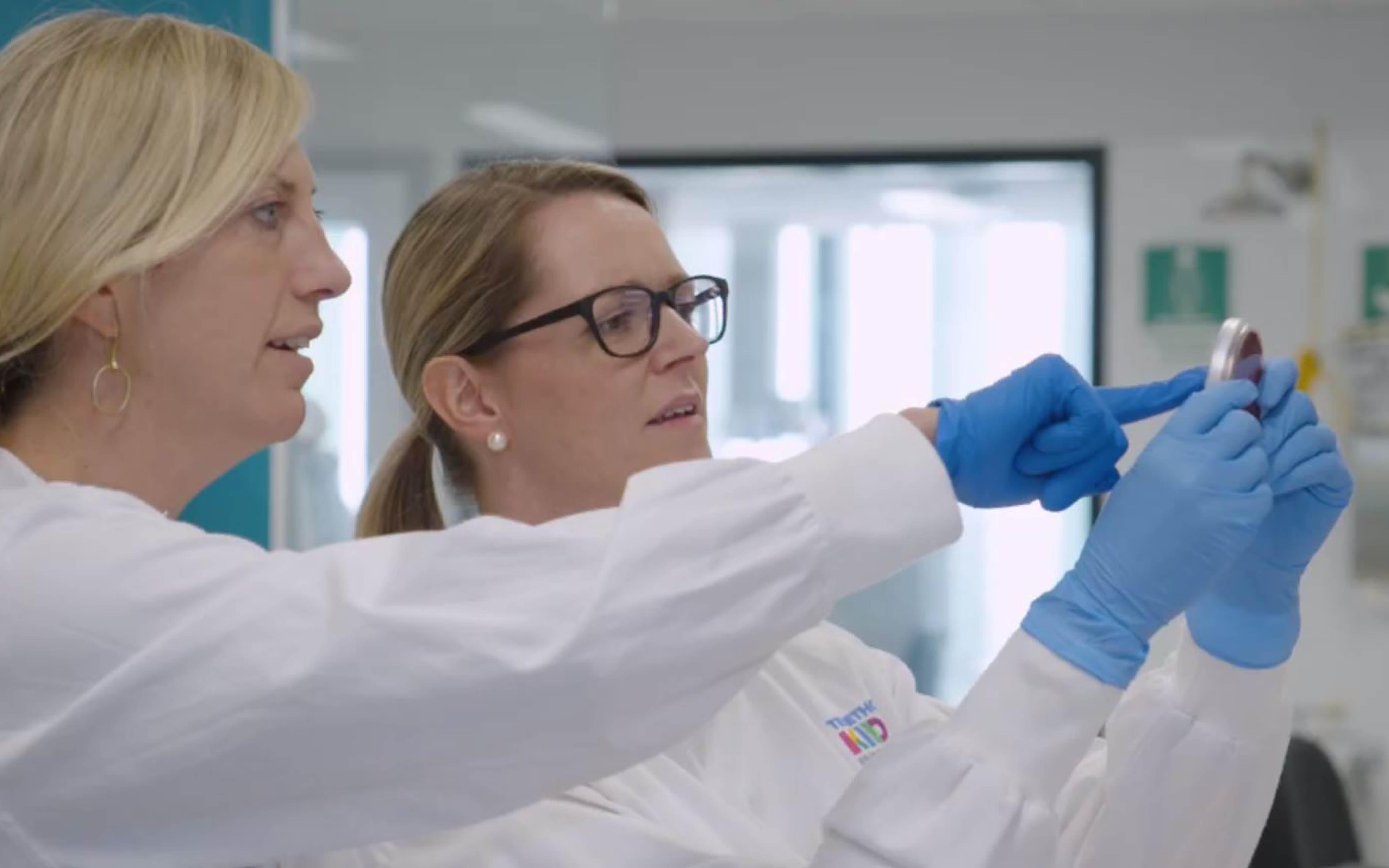Search
Showing results for "Au"
Research
‘You Can Sort of Justify Having That Drink’: Australian Young Adults' Perspectives on the Appeal and Influence of ‘Better for You’ Alcohol ProductsAlcohol industry publications reveal that the industry targets young people with better for you (BFY) marketing that promotes the nutrition and health-oriented aspects of some products, despite the inherent harms of alcohol consumption. This research investigated how young adults conceptualise the appeal of BFY alcohol products and their potential effect on consumption, and their opinions of the alcohol industry in the context of this marketing.
Research
Parent experiences of their children’s diagnosis with autism, attention deficit hyperactivity disorder, or both conditionsA comparison of parents’ experiences of getting a diagnosis for their child with autism, attention deficit hyperactivity disorder (ADHD) and both diagnoses can inform our understanding of common and unique themes across these neurodevelopmental conditions.
Research
Autism and intellectual disability are differentially related to sociodemographic background at birthWe used population data on Western Australian singletons born from 1984 to 1999 (n = 398,353) to examine the sociodemographic characteristics of children...
Research
‘Beyond core business’: A qualitative review of activities supporting environmental health within remote Western Australian schoolsAboriginal children and families contend with higher rates of preventable infectious diseases that can be attributed to their immediate living environment. The environments in which children spend most of their time are their homes and schools. We aimed to understand the opportunities in the school setting to support student skin health and wellbeing through environmental health activities, how these activities were completed, and the barriers to their implementation.
Research
Supporting parents with young children to create healthy screen time behavioursScreen time is an increasing challenge faced by parents across Australia.

The Bacterial Respiratory Infectious Disease Group (BRIDG) has a major focus ear and lung disease involving Streptococcus pneumoniae and Haemophilus influenzae.
Research
PLAYCE PAWS: The health and developmental benefits of companion animals for young childrenHayley Liz Steve Christian Wenden Zubrick BSc (1st Class Hons), PhD W.Aust. BHlthSc MPH FASSA, FAAMHS, MSc AM PhD Head, Child Physical Activity,
Research
The trajectories of sleep disturbances in Rett syndromeThis paper demonstrated that the evolution of sleep problems differed between subgroups of girls and women with Rett syndrome, in part explained by age and...
Research
Modelling the seasonal epidemics of respiratory syncytial virus in young childrenThis paper describes a mathematical model used to predict when an epidemic of respiratory syncytial virus (RSV) will occur so that preventive measures, such...
Research
Ancestral SARS-CoV-2, but not Omicron, replicates less efficiently in primary pediatric nasal epithelial cellsChildren typically experience more mild symptoms of Coronavirus Disease 2019 (COVID-19) when compared to adults. There is a strong body of evidence that children are also less susceptible to Severe Acute Respiratory Syndrome Coronavirus 2 (SARS-CoV-2) infection with the ancestral viral isolate.
